Explore the brilliance of history’s greatest minds on FamousScientist.net. Dive into groundbreaking experiments, revolutionary inventions, and the stories behind the pioneers who shaped our world. From Newton to Curie, discover the science that changed everything—in one inspiring place.
Milgram Experiment on Obedience to Authority Figures
March 17, 2025
Milgram experiment on obedience to authority figures represents a variety of psychological experiments conducted by psychologist Stanley Milgram. In his experiment, Milgram measured
KEEP READING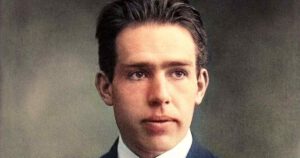
March 17, 2025
Niels Bohr
Niels Bohr was a Danish physicist that greatly contributed the world of physics with his
KEEP READING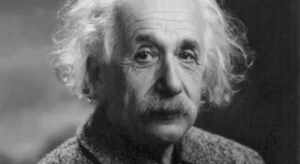
March 17, 2025
Albert Einstein
Albert Einstein was a German theoretical physicist who developed the theory of general relativity. He
KEEP READING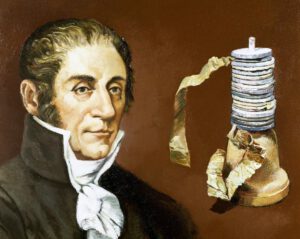
March 17, 2025
Alessandro Volta
Alessandro Volta was Italian physicist and pioneer in the study of electricity. He is mostly
KEEP READING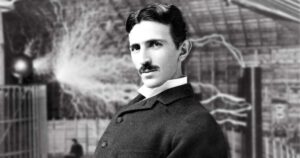
March 17, 2025
Nikola Tesla
Nikola Tesla was a Serbian inventor, mechanical and electrical engineer. He is best known for
KEEP READING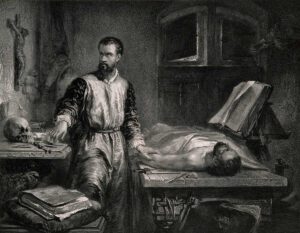
March 17, 2025
Andreas Vesalius
Andreas Vesalius was a true pioneer of anatomy and one of history’s most fascinating figures.
KEEP READING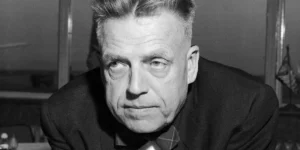
March 17, 2025
Alfred Kinsey
Let’s dive into the intriguing life of Alfred Kinsey, a man who turned the study
KEEP READING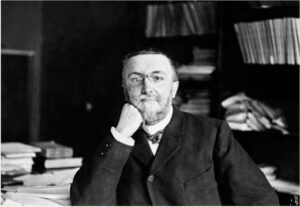
March 17, 2025
Alfred Binet
Alfred Binet was a French psychologist who invented the first intelligence test, better known today
KEEP READING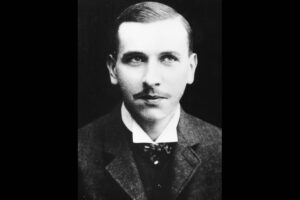
March 17, 2025
Alfred Wegener
Alfred Lothar Wegener was a German polar researcher, geophysicist and meteorologist. Early life Alfred Lothar
KEEP READINGABOUT
At FamousScientist.net, our small but passionate team of writers is dedicated to uncovering the fascinating stories behind science’s greatest minds. With backgrounds in science, history, and journalism, we bring curiosity, accuracy, and a love for storytelling to every article. Together, we celebrate the innovators who shaped our world—one discovery at a time.
